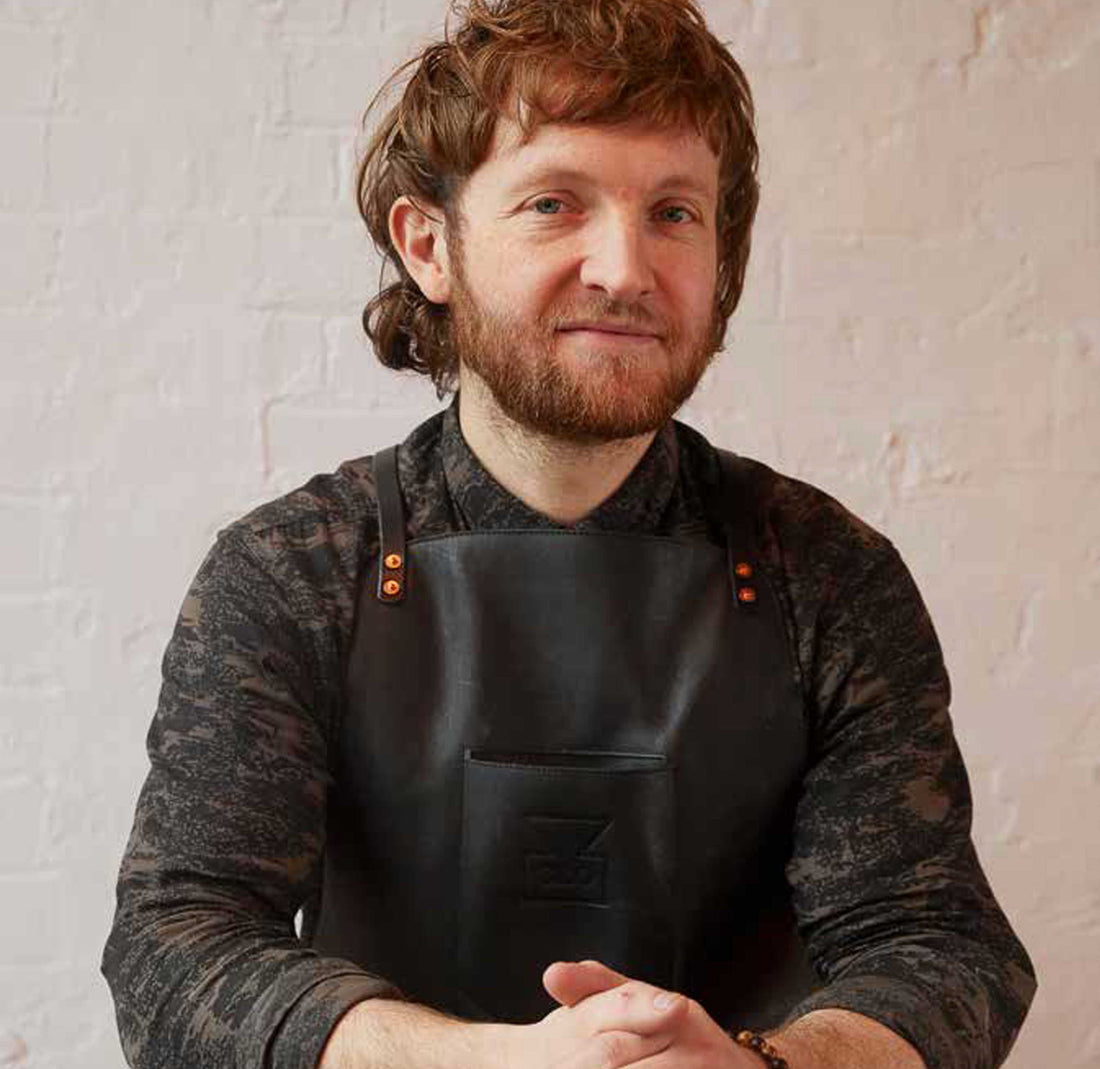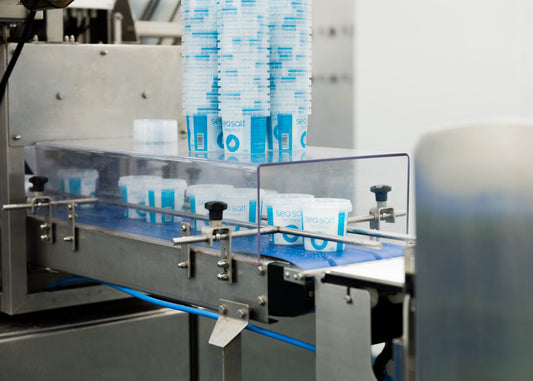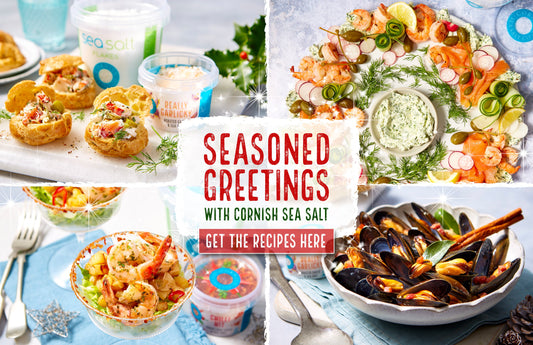Douglas McMaster, with his pioneering zero waste restaurant, Silo, is one of our favourite Salt Heroes of 2020. Opening the first restaurant of it’s kind in an East London warehouse at the end of last year, his story and passion for a better future is truly inspiring. Find out more about zero waste and how we are working together with Silo to change the face of the food industry.
Tell us about your journey with zero waste, how did it start and was there a specific moment you can pinpoint where you decided it was time to make a change?
I worked in Melbourne with Dutch-born artist Joost Bakker who was commissioned by Sydney and Melbourne city council to build a pop-up restaurant from waste material. It was a case of right place at the
right time – I loved the concept and the team of people that worked there. Soon after we developed our first café Silo Melbourne.
What’s been your best zero waste culinary creation?
I have an adventurous palate, so it’s a bit of an unusual combination of sea buckthorn, a wild orange British berry with a passionfruit flavour and Douglas Fir. I use the pine needles to make an amazing green oil and then make a jelly from the sea buckthorn. It’s a totally new territory of flavour, really unique and special. Great with homemade crème fraiche.
You’ve just opened up your second zero waste restaurant in London, how’s it going?
We received a 9/10 review from the Telegraph on our third day of being open which was pretty special. We’ve had incredible support since we opened from locals too.
What are your top tips to somebody looking to make positive changes towards a zero waste lifestyle?
There is no authority here, zero waste really is a thing born in the last decade. Few people know exactly what it is. The name suggests zero, but this doesn’t currently exist, it’s a movement, an aspiration. A nice first step is to try to achieve zero food waste by composting and sending all recycling to landfill. Top tier is literally not having a bin, sending nothing to landfill and having no food waste, and that’s where Silo are.
What does zero waste mean to you and Silo?
We don’t send anything to landfill, in fact, we don’t even have a bin and of course there’s no food waste. We’ve got one exception of glass recycling, but this is only temporary as we are in the process of installing a glass crusher upstairs in the warehouse. Once this is running, we can crush and melt glass to make anything we want from it to give a new purpose: light fixtures, glasses, plates.
We’ve loved working with you to explore different ways of getting Cornish Sea Salt to you in a more sustainable way. We sent your last delivery in a hessian sack – how have the initial trials run?
Beautiful. It’s an amazing sea salt, salt is the foundation of food flavour and a fundamental ingredient. To have such a beautiful, simple, natural supply chain with so much care is how it needs to be.
Why do you choose to use Cornish Sea Salt?
You’ve got the flexibility to want to work in a different way. Food industries have routines and don’t want to change but Philip believed in what Silo stood for and changed for me as he believes in what we’re trying to do and that is something really special.
Find out more about Silo’s story at silolondon.com or on social media @SiloLondon



